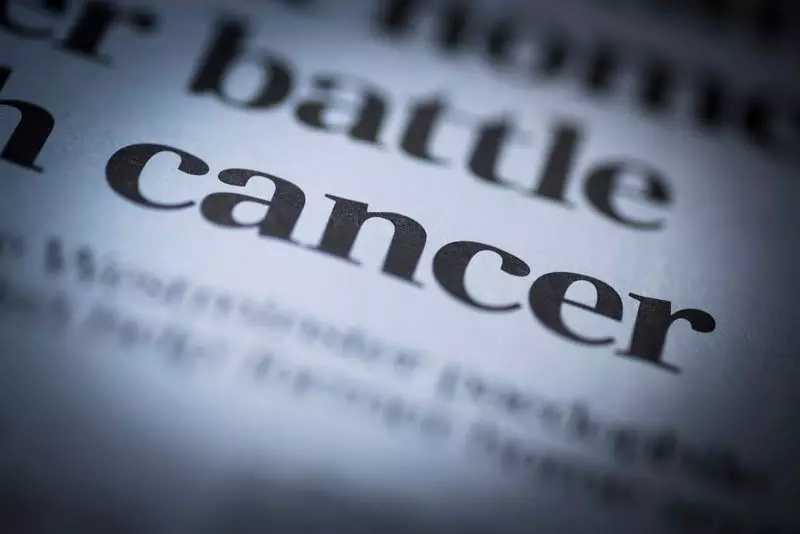
A startling new study has uncovered a critical healthcare crisis affecting millions of women across developing nations. Research indicates that fewer than one in five women in low and middle-income countries receive an early-stage cancer diagnosis, highlighting significant disparities in global healthcare access.
The Alarming Statistics
The comprehensive analysis reveals that the vast majority of women in these regions are diagnosed only when their cancer has progressed to advanced stages. This delayed detection dramatically reduces survival rates and treatment options while increasing healthcare costs and suffering.
Barriers to Early Detection
Several factors contribute to this troubling trend:
- Limited healthcare infrastructure in rural and underserved areas
- Financial constraints preventing regular screenings
- Lack of awareness about cancer symptoms and prevention
- Cultural and social barriers affecting healthcare-seeking behavior
- Insufficient medical facilities and trained professionals
Impact on Survival Rates
Early cancer detection is crucial for successful treatment outcomes. When diagnosed at later stages, treatment becomes more complex, expensive, and less effective. This pattern disproportionately affects women in economically challenged regions, creating what experts call a "preventable tragedy."
Call for Global Action
Health advocates are urging international organizations, governments, and healthcare providers to address this gap through:
- Strengthening primary healthcare systems
- Implementing affordable screening programs
- Increasing health education and awareness campaigns
- Training more healthcare workers in cancer detection
- Improving referral systems for specialized care
The study serves as a urgent wake-up call for global health communities to prioritize cancer care accessibility in developing nations and ensure that women everywhere have equal opportunities for early diagnosis and treatment.






